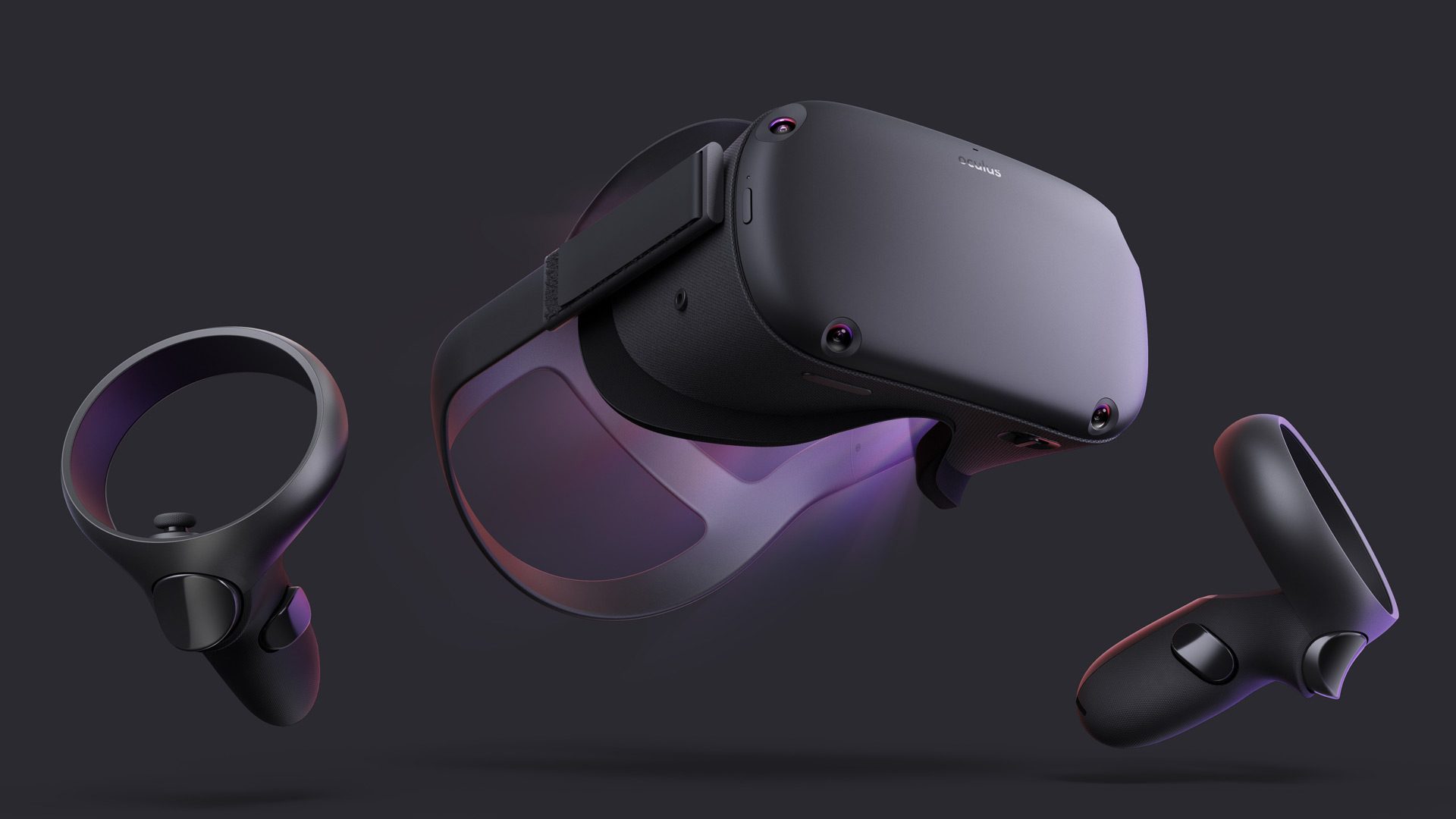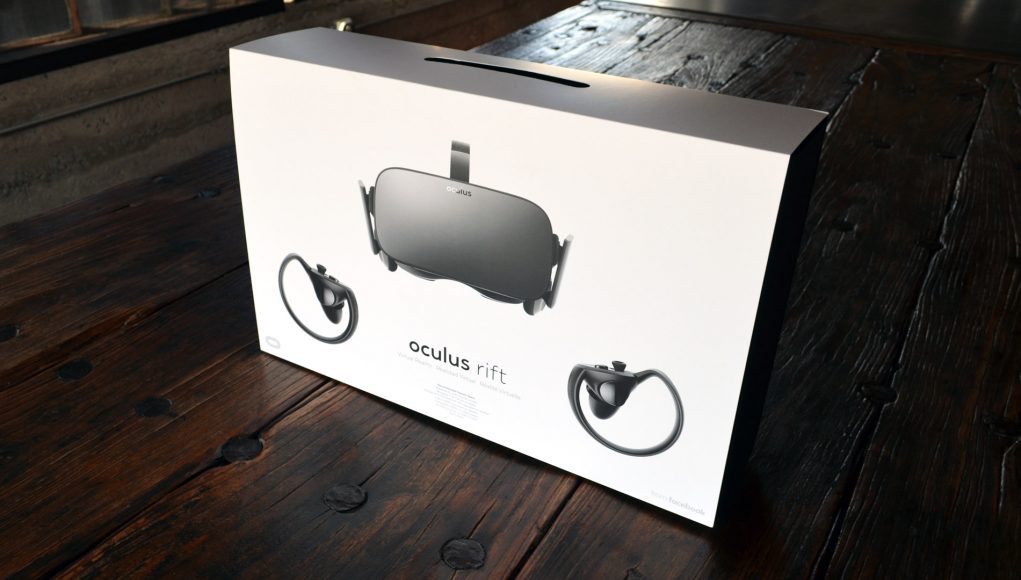It seems one of two things is happening at the moment: either Oculus Rift has been selling like hotcakes and going out of stock simultaneously all over the Internet, or the company is tuning down production for some unknown reason. Considering there’s been no big price drops lately to bring on unseasonable demand, it could be that Facebook is flushing out stock to make way for what’s next.
As first reported by Variety, Rift is out of stock all over the Internet including US online retailers New Egg, Best Buy, Microsoft Store, Micro Center, as well as several European retail partners including Media Markt, Curry’s, and Game.
At the moment it seems few online retailers are still selling Oculus Rift + Touch bundle at the MSRP of $350, Amazon US and Oculus.com being the exceptions.
Facebook declined Variety’s bid for comment on the lack of stock across the web, saying that “Rift is still available for sale at Oculus.com and other channels, including Amazon. We don’t comment on future products, but are excited about the year ahead.”

According to a report in November, a next generation Rift (codenamed ‘Caspar’) was supposed to be a complete redesign of the headset, but was shelved in favor of a product refresh that’s said to include modest upgrades such as higher resolution displays and inside-out positional tracking. Oculus co-founder Brendan Iribe reportedly left Facebook over this still unconfirmed decision; both the company and Iribe have remained tight-lipped around the issue.
The name for the device is reportedly ‘Rift S’, and is said to release sometime this year. We still have no idea exactly what the headset will entail, but so far it looks like its heavily benefiting from the inside-out tracking research done for the company’s upcoming standalone VR headset Oculus Quest.
UploadVR’s David Heaney recently discovered code in the Oculus PC software directly mentioning ‘Rift S’ by name and providing settings for both on-board cameras and in-software interpupiliary distance (IPD) correction.
Since Quest and ‘Rift S’ are created to appeal to different market segments (casual users vs. PC gaming enthusiasts), it makes sense that Facebook is tuning down production of the original Rift to make way for its eventual replacement.







